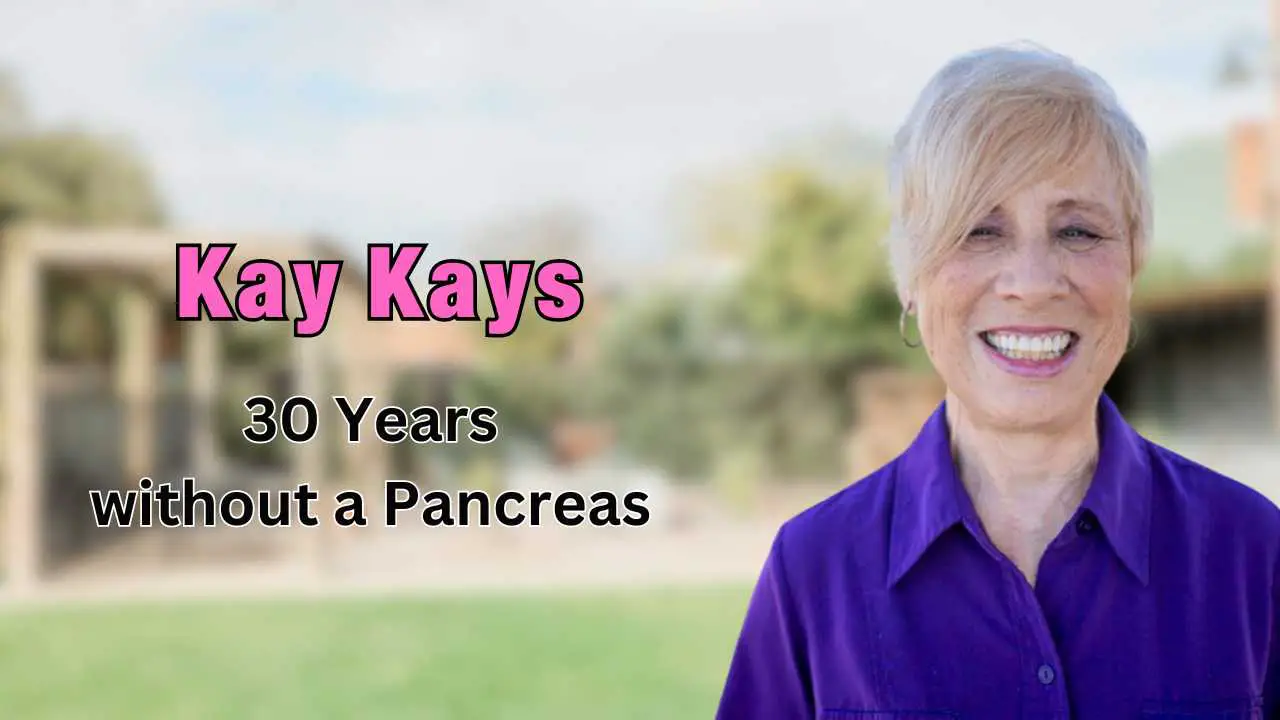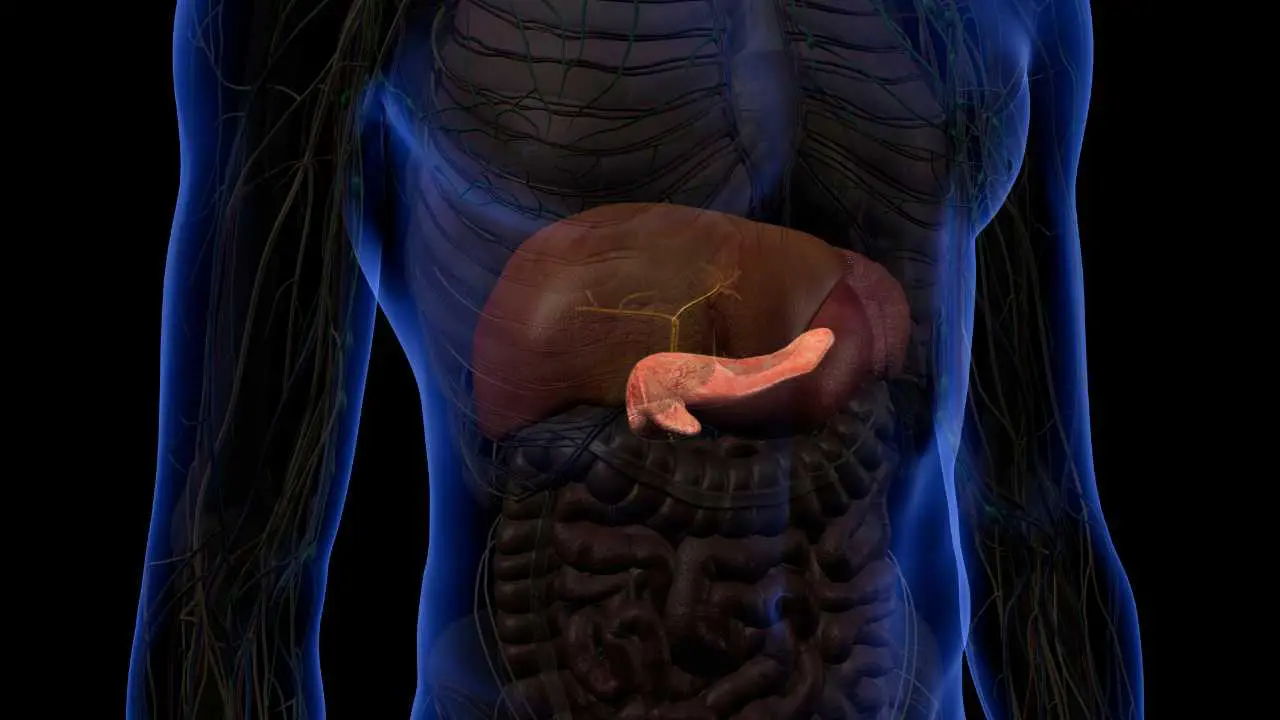The pancreas is an essential organ of the human body located in the abdomen behind the stomach. It acts both as an endogenous and exogenous gland. As an endogenous gland, it secretes insulin, glucagon, pancreatic polypeptides, and somatostatin, thus functioning in the regulation of our blood sugar. However, functioning as an exogenous gland, it secretes many digestive enzymes thus helping in the digestion of food. But, there are certain conditions like pancreatic cancer or chronic pancreatitis in which surgical removal of the pancreas is most likely indicated. To live a healthy life after this surgery, a few lifelong modifications in lifestyle are crucial. Thousands of people worldwide undergo pancreatic surgery and the survival rates are different among individuals.
Longest Living person without a pancreas

Kay Kays is one of the world’s longest-living people after pancreatic surgery. She is a 30-year survivor of pancreatic cancer and is reported as the longest-living person without a pancreas. It has been around 25 years since her pancreas was removed.
Back in 1994, Kay Kays began fighting a fatal disease and suffered severe back pains. After being diagnosed with pancreatic cancer, she underwent a Whipple procedure; an operation that involves the removal of the head of the pancreas, gallbladder, duodenum, upper part of jejunum, and sometimes part of the stomach too.
Later on, her doctors found that she not only had pancreatic cancer but also had a rare, untreatable form of cancer i.e. cyst mucinous adenocarcinoma. She was told that without chemotherapy and radiotherapy, she would die of the disease within four to five months.
After five full years, the remainder of her pancreas became cancerous too. Hence, her pancreas and spleen both were surgically removed.
After a period of time, it was learned that the cancer had spread to her lymph nodes. At that stage, when her doctors considered that her tumor was no longer treatable by surgery, she reached out to a pancreatic cancer researcher Dr. Daniel Von Hoff, and turned out to be one of his first targeted therapy patients. Three more years passed, and the cancer emerged in her lung, which was removed too.
How long has Kay Kays lived without a pancreas?

Now, it has been around 30 years since she is deprived of the pancreas. Her lungs, gallbladder, and spleen have also been removed but she still has hope and courage. Also, she has become a passionate patient advocate.
Can a person live without a pancreas?
Yes, it is possible to live without a pancreas but certain lifestyle modifications are significant and cannot be ignored. If a person has his pancreas removed, he needs to stick to the digestive enzyme supplements for the digestion of food and regular administration of insulin for the regulation of blood sugar levels.
Who needs pancreas surgery?

Patients with pancreatic cancers and severe pancreatitis are more likely to undergo the surgical removal of the pancreas (pancreatectomy). In other conditions such as pancreatic cysts, metastatic kidney cancer, or neuroendocrine tumors of the pancreas, for example, insulinoma, there is a need for pancreatic surgery.
How long can you live without a pancreas?
In 2016 a study was conducted that concluded that the survival rate after pancreatic removal in three-quarters of non-cancer individuals is about 7 years. While it is around 7 years in 30-64% of the population with cancer.
What happens if a pancreas is removed?

If the pancreas is removed, a person may develop diabetes and impairment of digestion leading to malnutrition and poor quality of life. A condition known as exocrine pancreatic insufficiency is most likely to develop due to a lack of digestive enzymes after the surgical removal of the pancreas. The common symptoms of pancreatic insufficiency are diarrhea, bloating, abdominal discomfort, fatigue, and weight loss.
Can the pancreas grow back after removal?
According to research, there is less possibility that the pancreas will grow after removal because it has little ability to regenerate.


